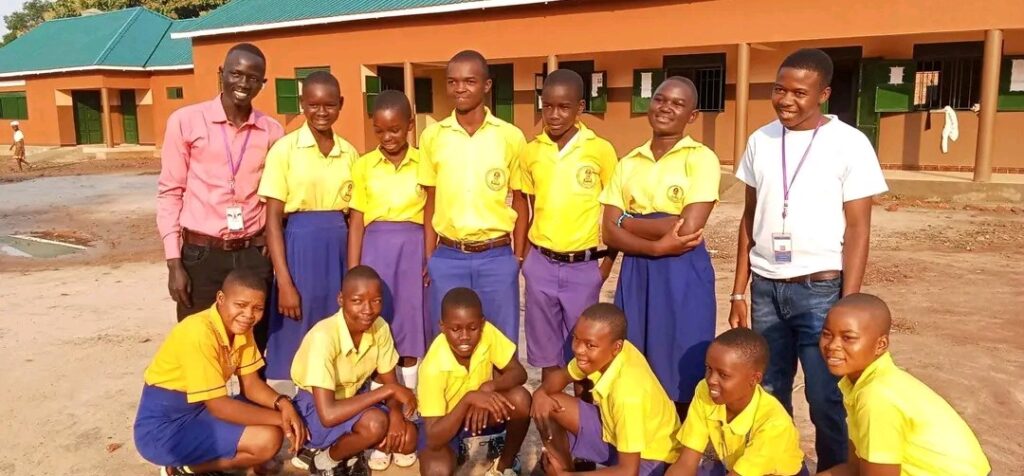Education officials in Western Equatoria State on Wednesday raised alarms over the impact of widespread insecurity and irregular teacher salaries on student performance, citing a 59 percent pass rate in the recent national secondary school exams.
The results from the 2024 South Sudan Certificate of Secondary Education (SSCSE) revealed stark disparities across the state.
According to the State Directorate of Education, 1,268 candidates took the exams. Of those, 748 students passed, while 868 failed, including 389 female and 479 male students.
Performance varied significantly by county. Ibba and Nzara counties were the top performers, each achieving pass rates of over 90 percent. In contrast, Mundri East County recorded the lowest pass rate at 31.5 percent. Individual schools also showed dramatic differences, with St. Timothy Secondary School in Nzara and New Generation Secondary School in Mundri West each achieving a 100 percent pass rate.
State Director of Education Elia Zacharia directly linked the state’s overall poor performance to two primary factors: teacher attrition due to unpaid salaries and insecurity that has disrupted the school year.
“Many teachers abandoned classrooms due to lack of pay, while insecurity disrupted learning in several counties,” Zacharia during the announcement of the Senior Four examination results at the state level in Yambio.
The security situation has forced many families to keep their children home, according to Diana George Lowa, the Chairperson for Members’ Affairs in the State Assembly. She highlighted that violence in Tambura, Nagero and parts of Mundri has had a direct impact on school attendance.
“Teachers cannot teach without pay, and parents fear sending their children to school,” Lowa said, urging the state and national government to address both challenges urgently.
Civil society activist Edmund Yakani echoed these concerns, blaming political instability, insecurity and unpaid salaries for the systemic decline in education quality.
“Leaders must resolve political differences, pay teachers on time, and restore peace for the education sector to improve,” Yakani said.
Silvestor Ruati, the Western Equatoria State Youth Chairperson, added that prolonged salary delays have severely demoralized teachers, which in turn negatively affects students. “The state must improve security and ensure teachers are paid promptly,” Ruati stated.
Amid the calls for government action, a community member in Yambio, who asked not to be named for fear of reprisal, called for a shared responsibility, saying parents must also support their children’s education.
Political tensions in the country have sparked violence in parts of Western Equatoria State.




